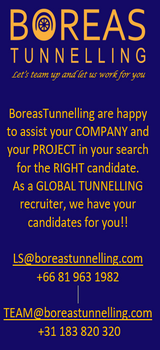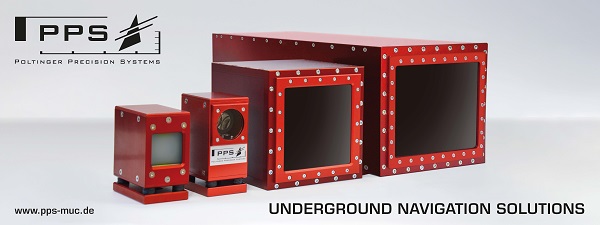Fehmarnbelt project reuses water from tunnel factory
As the first construction project in Denmark, a water treatment plant at the tunnel factory in Rødbyhavn ensures that all water after the casting of elements for the Fehmarnbelt tunnel will be reused as wash water.
Water is needed to cast the huge tunnel elements for the 18 kilometre long Fehmarnbelt tunnel between Denmark and Germany. Water for the concrete itself, but also to clean the form works to prepare them for the next casting.
In order to minimise water consumption, the tunnel consortium Femern Link Contractors, FLC, is the first in Denmark to install a large water treatment plant at the tunnel factory in Rødbyhavn.
“We reuse 100% of the water from cleaning after casting. We collect it every time and reuse it multiple times as wash water for the form works, floors, trucks and dump trucks. It is also used to keep the cast concrete segments damp while they harden", says Anders Wede, Construction Manager at Femern A/S.
The treatment system collects all the water from washing the form works and pump pipes after casting and filters out cement residues and other materials. The water is then returned to the system to be reused as wash water.
This adds up to significant amaounts of saved water that the contractor would otherwise have to get from the waterworks and then discharge to the local wastewater treatment plant after use.
The casting of tunnel elements has just started on the first of six production lines at the tunnel factory. When all lines are in operation, more wash water will be needed than can be obtained through reuse alone. That is why rainwater from the large roofs of the tunnel factory is also collected in basins.
After passing through the water treatment plant, where the water is mixed with wash water, rainwater can also be used in production as needed.
"
We have the option to get water from the local waterworks when needed. But we and the contractor aim to keep it at an absolute minimum. That is why we reuse the wash water over and over again, and then we supplement with rainwater", says Anders Wede.
About the Fehmarnbelt tunnel
The Fehmarnbelt tunnel will be built as an 18 km long immersed tunnel for road and railway between Rødbyhavn on Lolland and the German island of Fehmarn.
The casting of the tunnel's 89 tunnel elements started in July. The Fehmarnbelt tunnel is designed for a minimum lifespan of 120 years.
The tunnel factory's water treatment plant can treat 36 m3 of water per hour. The water treatment plant's purified water collection tank has a capacity of 750 m3. The rainwater basins have a capacity of 8,000 m3.
cover tunnel photo by: Matt Brown from London, England / CC BY
Copyright 2019-2024 TunnelContact.com








https://femern.com/press/news/water-treatment/
Fehmarnbelt project reuses water from tunnel factory
femern.comAs the first construction project in Denmark, a water treatment plant at the tunnel factory in Rødbyhavn ensures that all water after the casting of elements for the Fehmarnbelt tunnel will be reused as wash water.